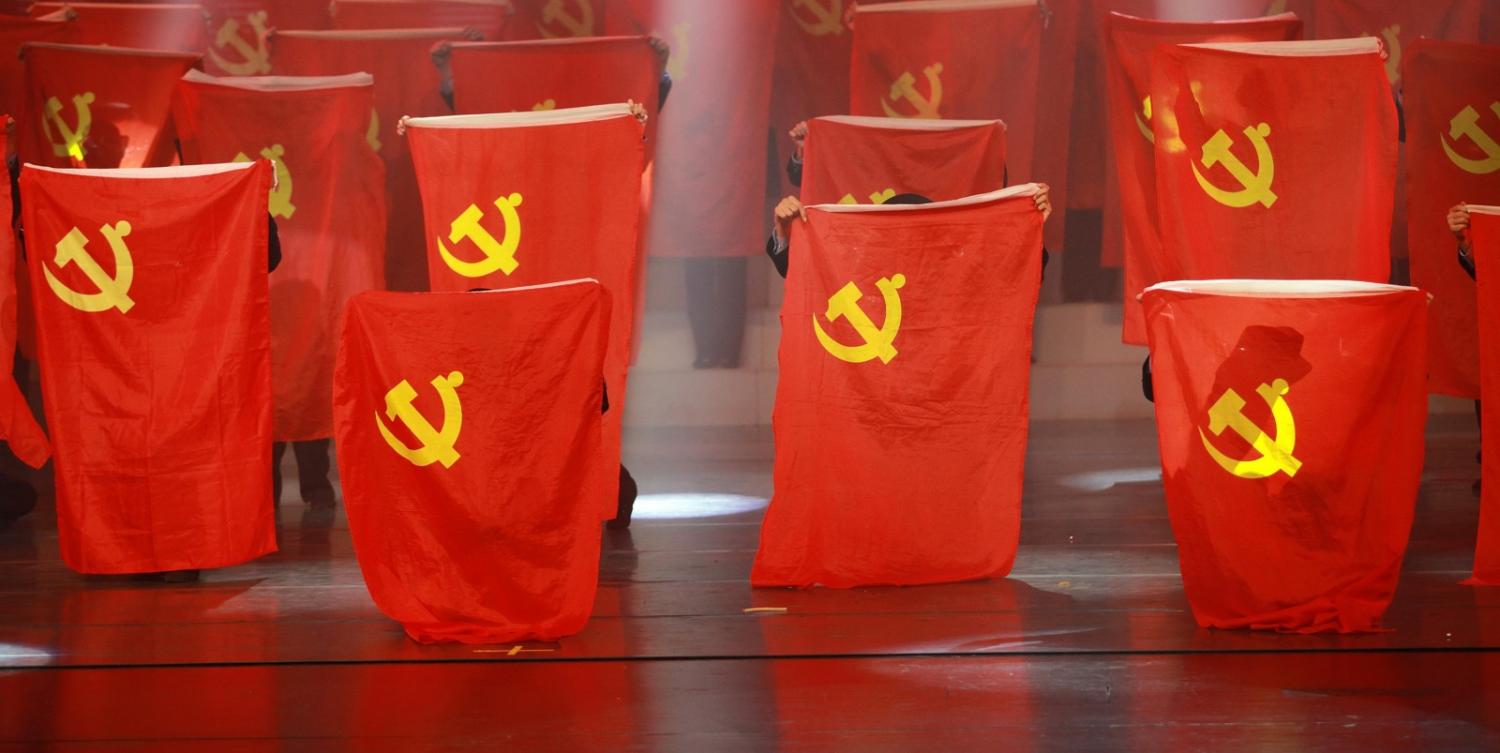During his rule in the 2nd century BC, the First Emperor of a unified China famously quelled the intellectual diversity of his day by 'burning the books and burying the scholars'.
This infamy would be decried throughout Chinese history until, in 1958, Mao Zedong, founder of today’s People’s Republic of China, declared:
The First Emperor only buried 460 alive scholars, while we’ve buried 46,000. When we suppressed counter-revolutionaries, didn’t we also kill some counter-revolutionary intellectuals? I once debated with people in the Democratic Parties: You accuse us of acting like the First Emperor, but you’re wrong; we’ve outdone him 100 times over!
Yesterday The Guardian reported that Cambridge University Press (CUP), publisher of China Quarterly, one of the most prestigious academic journals on contemporary China, would reinstate content on the online version of the journal available in China. CUP had previously, and surreptitiously, bowed to pressure from Beijing to censor the China Quarterly site available to Chinese university readers to rid it of articles on such nettlesome topics as Tibet, Xinjiang, the 1989 Protest Movement and the June Fourth Massacre. Now, CUP congratulated itself on 'upholding the principle of academic freedom on which the university’s work is founded'.
As a senior academic working on China, and later as founding director of a major China research institution, I’ve sat through my fair share of meetings with academocrats obsessed with international rankings, income streams and their beloved business models.
As I’ve followed the unfolding furore surrounding CUP’s self-censorship of China Quarterly (a journal for which I, like so many international colleagues, have acted as a peer reviewer, and one in which I have also published work), I could hear the academic number crunchers working behind the scenes with the lofty CUP and Cambridge executive administrators, to come up with a back-of-the-envelope calculation. I imagine the ledger of pluses and minuses looked something like this:
PLUS: Access to the academic market of China + continued ready inflows of Chinese students to Cambridge + China’s party-state approval + increased across-the-board China sales with the support of an appreciative censoriate…
MINUS: Unwelcome international media attention + snowballing academic protests and petitions + pressure from high-ranking peer institutions + public disgust + long-term disaffection of an academic community that provides free services via peer review + loss of existing and potential authors + permanent damage to CUP’s carefully maintained reputation…
The Guardian report makes it clear: the bottom line is the only defensible line. CUP’s brand, although somewhat tarnished, has been salvaged. Having achieved the status quo ante, one can well imagine the boffins at Cambridge congratulating themselves.
Not long after the death of Mao Zedong, a man known as the First Emperor #2, a new journal was founded in Beijing called Reading. The inaugural issue featured an article titled 'There Are No Forbidden Zones for Readers'. After 30 years of draconian Party censorship, this ushered in a new era in publishing, and reading. Within months, Deng Xiaoping announced the Four Cardinal Principles that affirmed the absolute authority of the Communist Party over Chinese life. Ever since then the country’s publishers, librarians writers and readers have played cat-and-mouse with a capricious system of censorship.
During periods of relative laxity, all manner of work has been available in China, and generally readers with the requisite linguistic ability, and access, have been able relatively freely to read non-Chinese scholarship and works. There have even been surprises: in the 1980s one old friend, the famous translator Dong Leshan, was able to shepherd his translation of George Orwell’s 1984 past the censors, and in 2015 the former Hungarian dissident Miklós Haraszti’s The Velvet Prison: Artists Under State Socialism appeared in Chinese published by the Central Compilation Bureau, an august body that also oversees the translation and dissemination of Marxist-Leninist classics.
But, under the rule of China’s Chairman of Everything, Xi Jinping, a man who has more than a little Mao about him, the noose has been tightening once more. No books have been burned yet, although the imprisoned scholar Liu Xiaobo was recently murdered-by-state-neglect. On Monday, before the CUP banned its ban on China Quarterly today, the Global Times, a rabble-rousing daily that gives unofficial voice to the official line, reported on the kerfuffle and concluded:
It’s no big deal if a few articles in the archive of China Quarterly that only attract a meagre readership are no longer available on the Chinese Internet. In terms of the larger picture, questions of principle on both sides are involved. The real issue is: whose principles better reflect the age in which we live? In this case it’s not true that "everyone is entitled to their own opinion". This is about power play. Only time will tell who is in the right.
The Communist party-state of China plays a long game, the problem is it only allows its readers to bet on one side.

